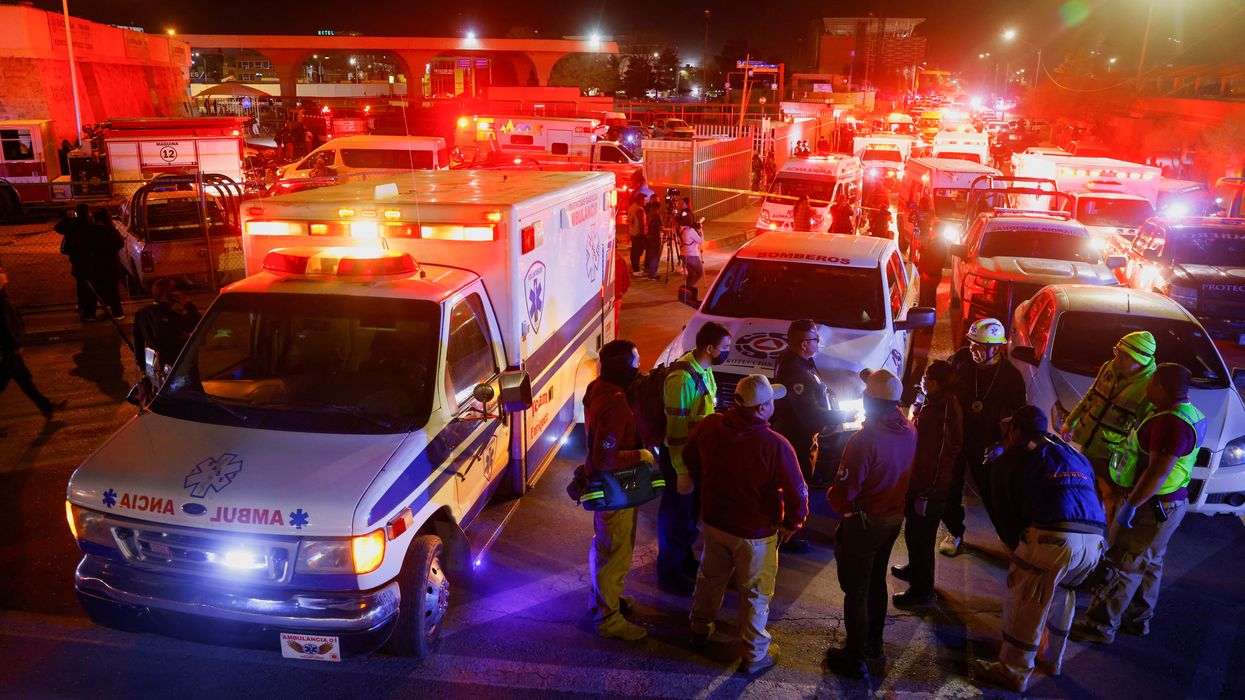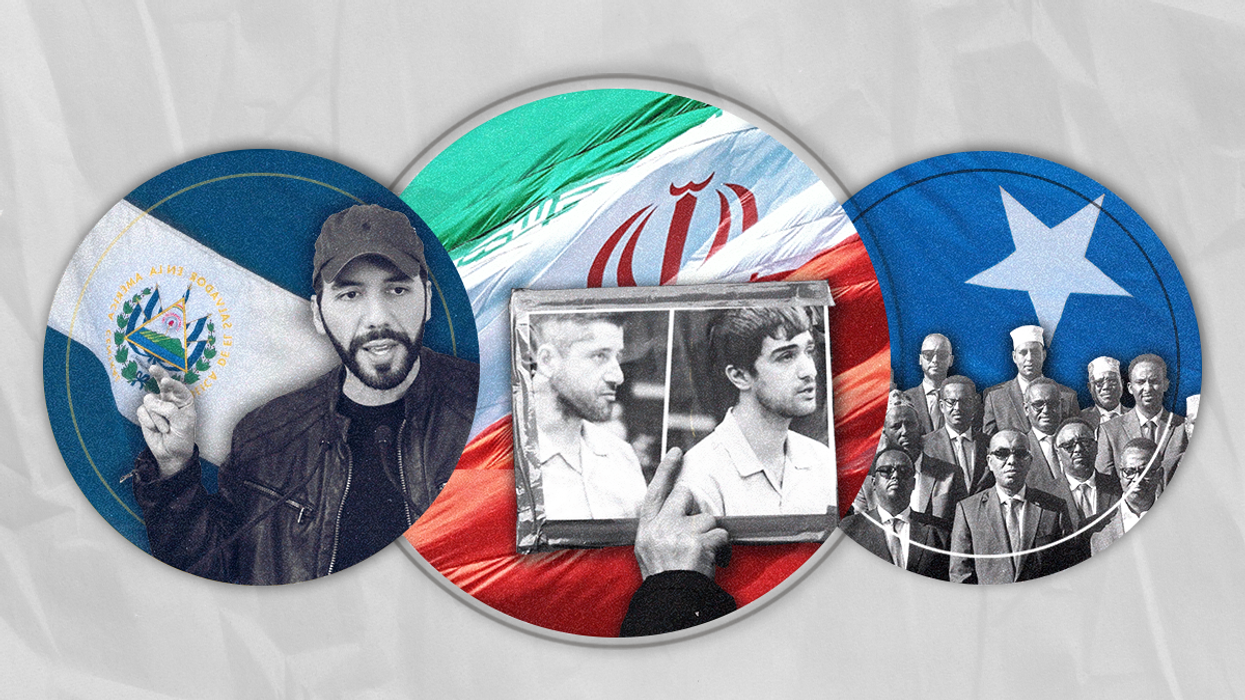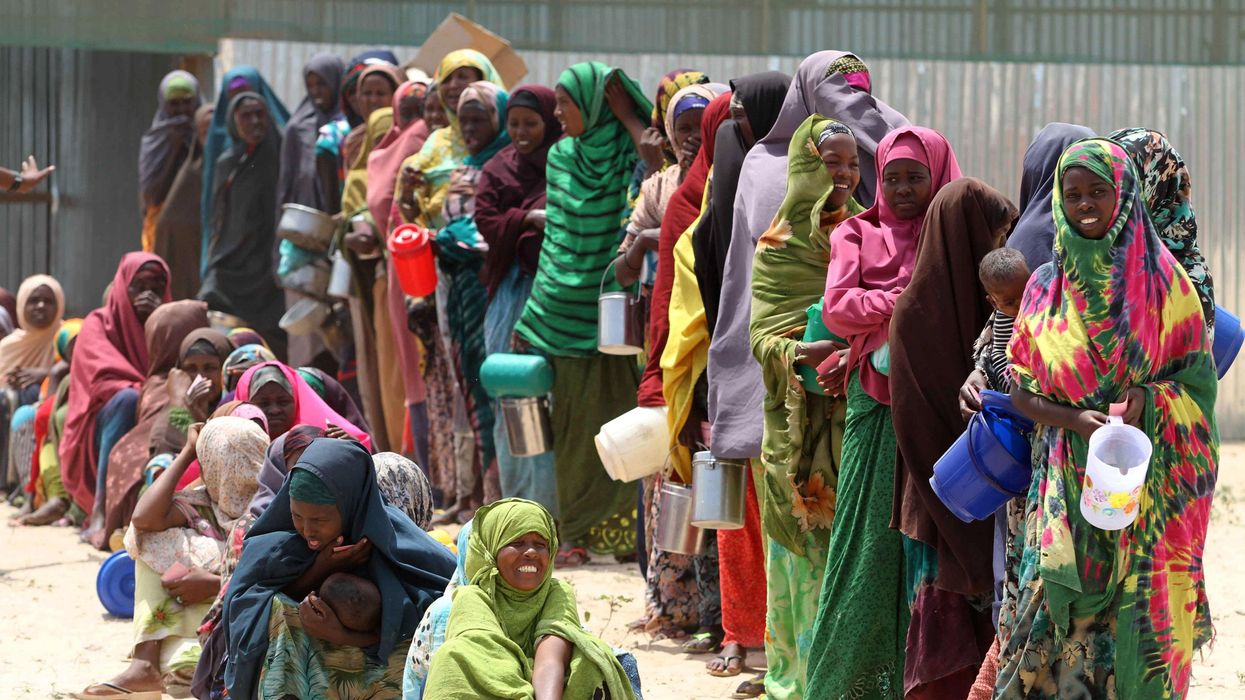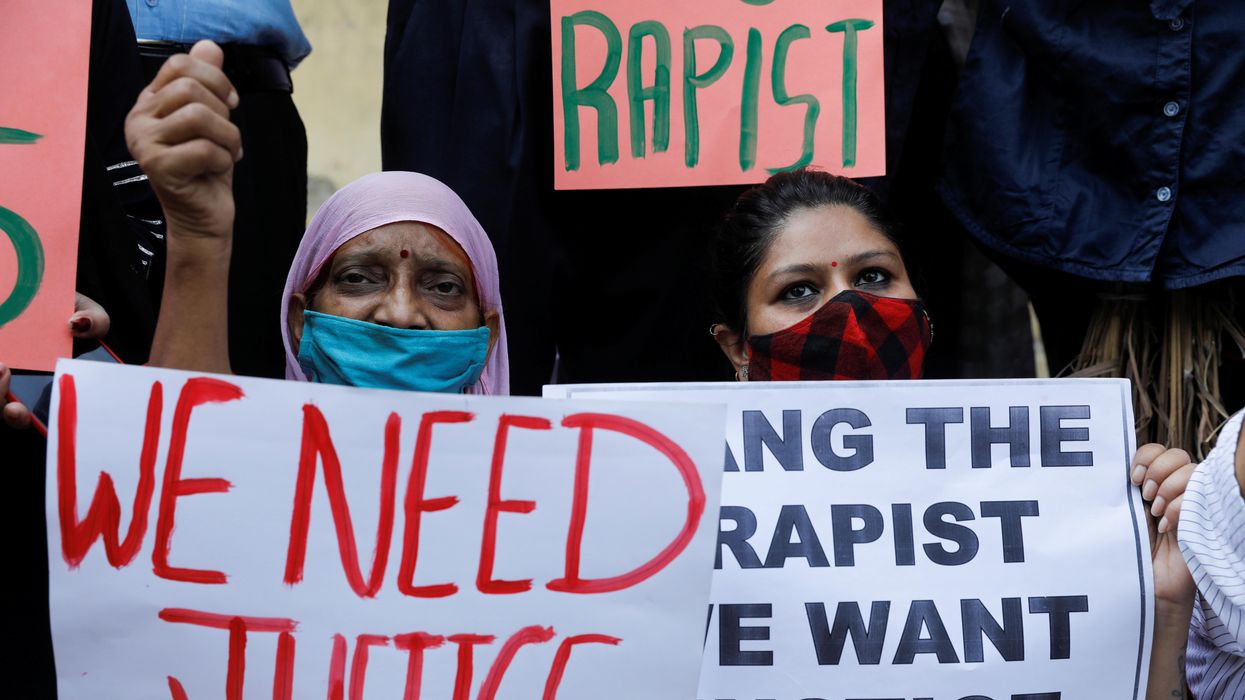News
Hard Numbers: Deadly Mexican fire, ZAUKUS, terror in the Sahel, Luke Skywalker saves Ukraine
Migrants fearing deportation set an immigration detention center ablaze in Ciudad Juarez, Mexico, killing 40 asylum-seekers and critically injuring dozens.
Mar 28, 2023





